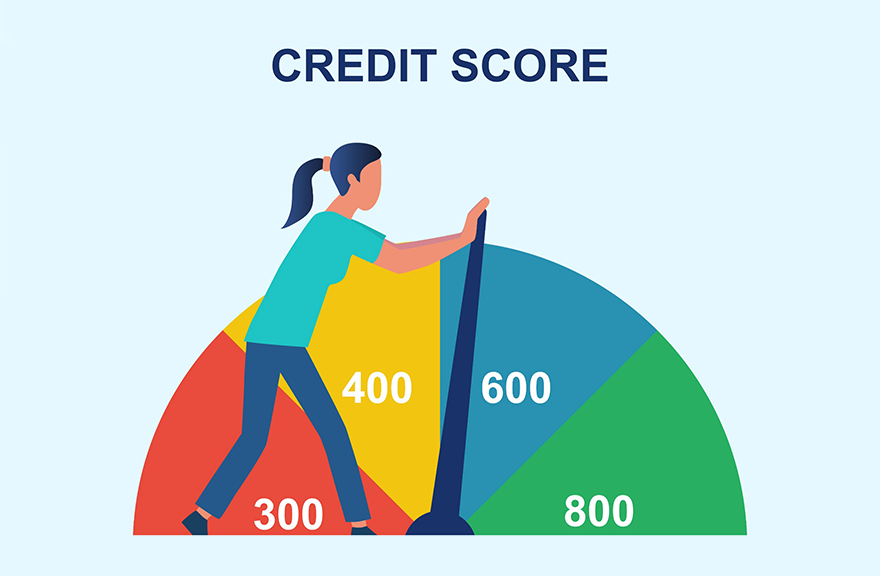What Does a 650 Credit Score Mean?
typically range from 300 to 850, with higher scores signifying better creditworthiness.
While a 650 credit score is not considered excellent, it is not necessarily a bad score either. It suggests that the individual may have had some issues managing credit in the past but might also have a mix of positive and negative credit history.
With a 650 credit score, individuals may still be eligible for certain financial products and loans, but they may face some challenges compared to those with higher credit scores.
Lenders may offer loans, credit cards, or mortgages with higher interest rates to offset the perceived risk associated with lending to someone with a 650 credit score.
Consequences of a 650 Credit Score
Having a credit score of 650 can have several consequences when it comes to managing personal finances and accessing credit:
Interest Rates
One of the primary consequences of a 650 credit score is higher interest rates on loans and credit cards.
Individuals with lower credit scores are considered riskier borrowers, so lenders may charge higher interest rates to compensate for that risk. This means that borrowers with a 650 credit score might end up paying more in interest over the life of a loan compared to those with higher credit scores.
Limited Access to Credit
While individuals with a 650 credit score are not considered high-risk borrowers, they might still face limitations in accessing certain financial products.
Some lenders may be hesitant to approve loans or credit cards for individuals with scores in this range. Additionally, they might offer lower credit limits or require a cosigner for larger loans.
Credit Card Offers
People with a 650 credit score might receive credit card offers, but these may come with limited rewards, benefits, or lower credit limits. High-end credit cards with attractive rewards are typically reserved for individuals with excellent credit scores.
How Many People Have This Score?
The distribution of credit scores can vary significantly based on various factors, including the country, economic conditions, and the population’s financial habits.
Still, a credit score of around 650 was considered average, and a significant portion of the United States population fell within this range.
Credit bureaus and financial research firms periodically release data on credit score distributions, providing insights into the credit health of the population.
It’s essential to refer to the most recent data from reputable sources to get an accurate picture of the credit score distribution.
How to Improve a 650 Credit Score

Fortunately, credit scores are not permanent, and there are steps individuals can take to improve their creditworthiness over time. Here are some strategies to raise a 650 credit score:
- Pay Bills on Time
- Reduce Credit Card Balances
- Avoid New Credit Applications
- Check Your Credit Report
- Negotiate with Creditors
It is also import to avoid closing old credit accounts can reduce the average age of your credit history, potentially lowering your credit score. Instead, keep those accounts open and occasionally use them to maintain a positive credit history.
Remember, improving a credit score takes time and requires consistent financial discipline. There are no quick fixes to significantly raise your credit score overnight. It’s essential to be patient, practice responsible financial habits, and monitor your progress regularly.
In conclusion, a 650 credit score indicates moderate credit risk and may lead to higher interest rates, limited access to credit, and other financial challenges.
However, with proactive financial management and responsible credit behavior, individuals can work toward improving their credit score over time, leading to better financial opportunities and stability.
Always stay informed about the latest credit score guidelines and seek professional advice if needed to navigate the complexities of credit and personal finance successfully.




